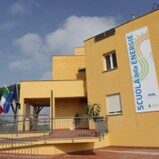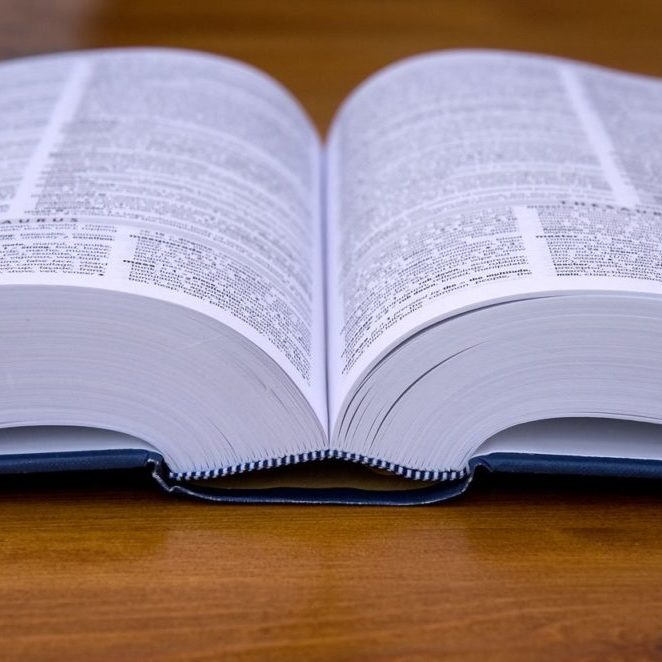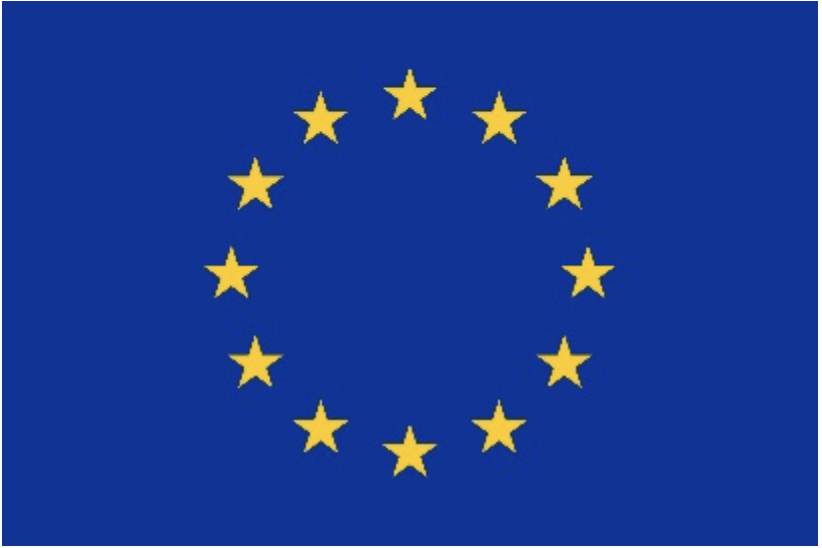Joint Research Activities
The entire spectrum of current CST research themes (in line with the EERA Joint Programme on CSP)
- Thermal Energy Storage for CST plants
- Desalination and solar water treatments
- Solar fuels production
- Materials for solar receivers and CST components
- Linear and point CST technologies.
- The design of an e-infrastructure aiming to provide virtual access to Ris and support the creation of new services.
WP6 JRA1
Development of test procedures for materials and components of thermal storage systems
Two new services will be created: one on qualifying dynamic corrosion of molten salts (Task 6.1) and another on qualifying materials as storage medium (Task 6.2).
WP7 JRA2
Development and testing of new technological concepts for solar desalination and water treatment facilities
Combined with the direct use of the solar energy, photochemical and photocatalytic processes are almost energy self-sufficient and allow the design of alternative water treatments that are simple, robust and inexpensive to set up and run. Such processes are able to provide with useful water decontamination and disinfection operation, fully in agreement with the framework of sustainable development, and integrate the concept of green chemistry. In terms of desalination, infrastructure for testing novel materials for heat transfer surfaces (such as polymers) will be enhanced, which can lead to a breakthrough in terms of equipment cost reduction for these applications. Similarly, mineral and nutrient recovery from treatment and desalination applications can lead to waste-to-resource utilization for a circular economy.
WP8 JRA3
Dynamic control and diagnostics of integrated systems for the production of solar fuels
Research on CSP routes to solar fuels has seen a huge surge in recent years, with many innovations in reactor design and material selection. However, there is a currently a lack of means to unify these efforts and compare new technologies on an even playing field. Therefore to give direction and a better driving force for innovation in this field, we will develop standard figures of merit and benchmarking techniques for solar fuel reactors and reactor materials. Automated control algorithms and software for solar fuel reactors will also be developed, including hybridization of gasification reactors to operate continuously in a day night cycle, and development of advanced model-based and machine-learning algorithms for controlling solar fuel systems. These are vital developments for the deployment of solar fuel technologies.
WP9 JRA4
Monitoring physical properties of receiver materials at focal point of concentrated solar facilities
Three new technologies will be developed. The first one aims at improving the efficiency and lower the O&M costs by assessing in-situ and accurately the mechanical health of solar receivers. The second technology is based on in-situ assessment of solar receiver degradation for a more accurate determination of the surface temperature for higher efficiency CST plants; this would result in an increased accuracy of IR temperature measurements on industrial receivers having degraded coatings, thus allowing an operation nearer the upper temperature limit without risking overheating and lifetime reduction.
The third innovative technology proposed will allow to determine the temperature of the receiver of line-focus and point-focus concentrators from unmanned aerial vehicles (UAV).
WP 10 JRA5
Sensor calibrations and techniques for accurate determination of performance parameters of prototypes installed in RI
The innovation expected in this JRA is threefold: a) Development of a new generation of nowcasting system for higher accuracy resource prediction for CST usages as compared to the product available on the market (developed by DLR and CST Services) thanks to HDR imagery and enhanced algorithms, b) Better service to measure performance parameters of parabolic trough and Fresnel plants even under non-perfect (=slightly cloudy) conditions using nowcasting systems and not totally cleaned mirrors (increased accuracy of soiling measurement). This will reduce the time of performance testing also in commercial plants being commissioned. c) Development of new optical measurement systems for optical characterization of line- and point-focusing concentrators.
WP 11 JRA6
Towards an European e-Infrastructure on CST technologies
The goal of this JRA is to prepare the creation of an e-infrastructure on Concentrating Solar linking the research centres involved in this project (and ultimately in EU-SOLARIS), providing remote access to their facilities as well as access to data and e-services. Such a virtual infrastructure doesn't currently exist and this JRA represents a major step towards an important new service for the consortium.

SFERA-III Workshop on 3D shape measurement round-robin

Scientific Publication: Erosion Effect in the Degradation of Coated and Uncoated Glass Solar Mirrors Highlighted by Coupled Accelerated Erosion/Aging Tests

Scientific Publication: Design and validation of reactant feeding control strategies for the solar-autothermal hybrid gasification of woody biomass

This project has received funding from the European Union’s Horizon 2020 research and innovation programme under grant agreement No 823802
